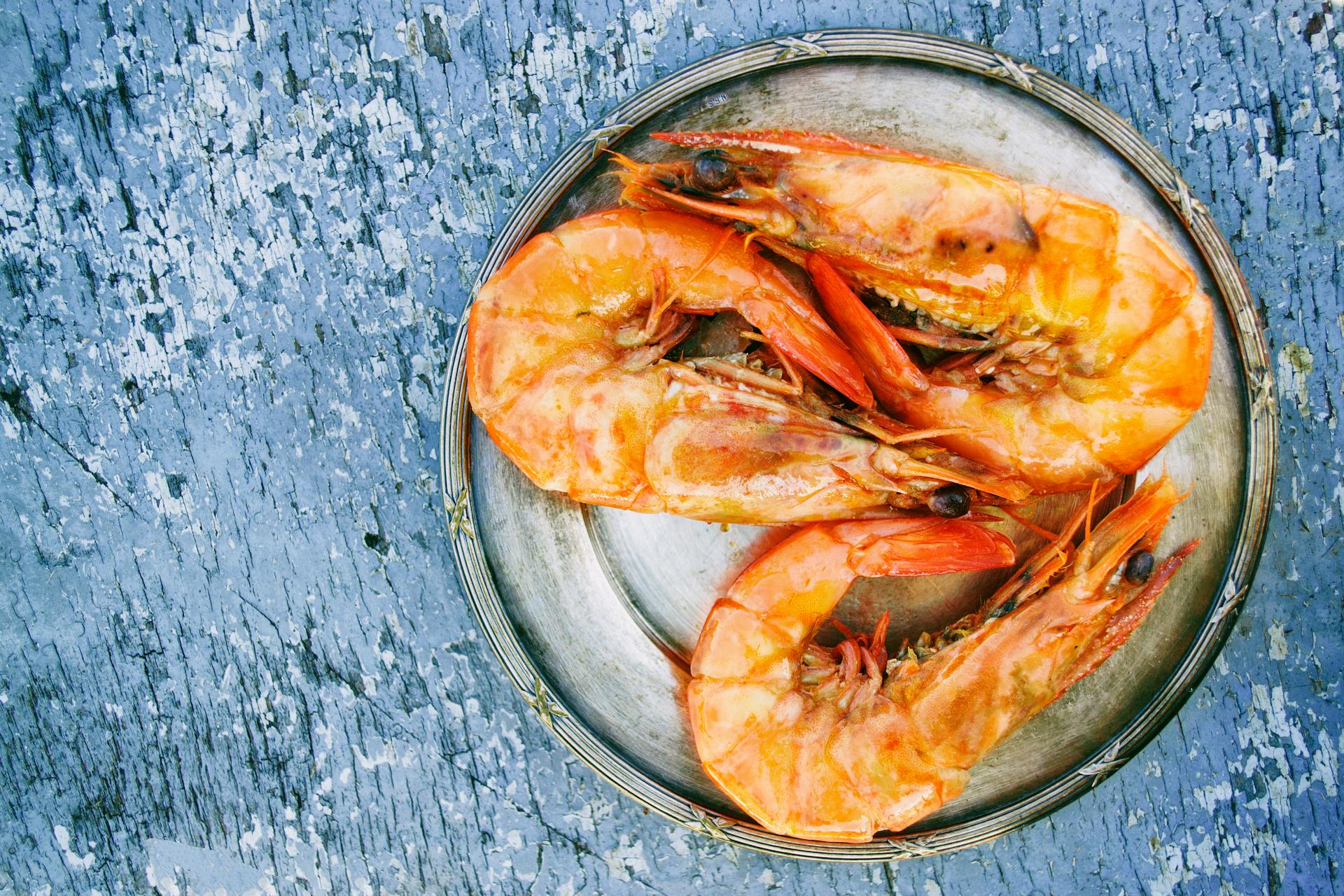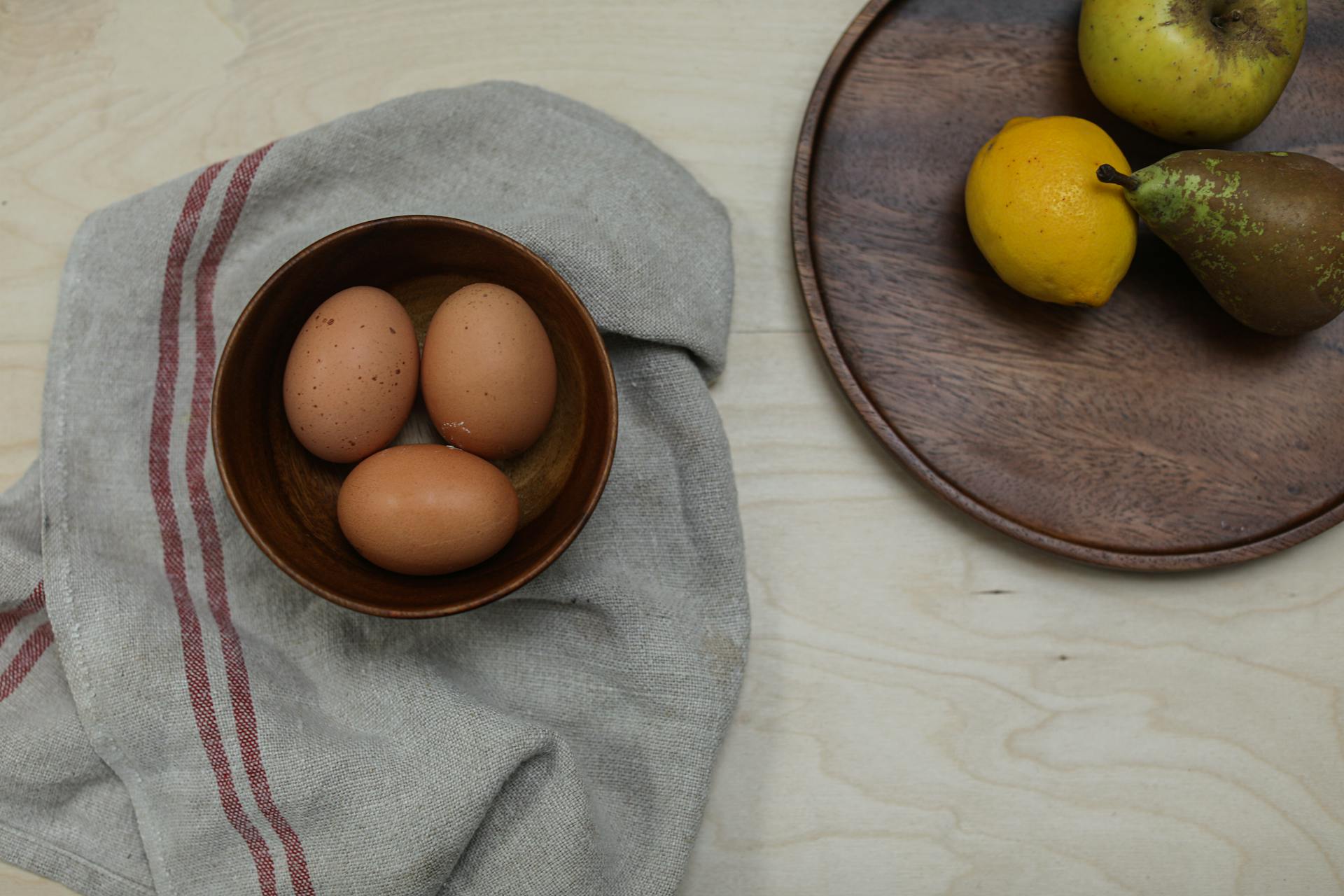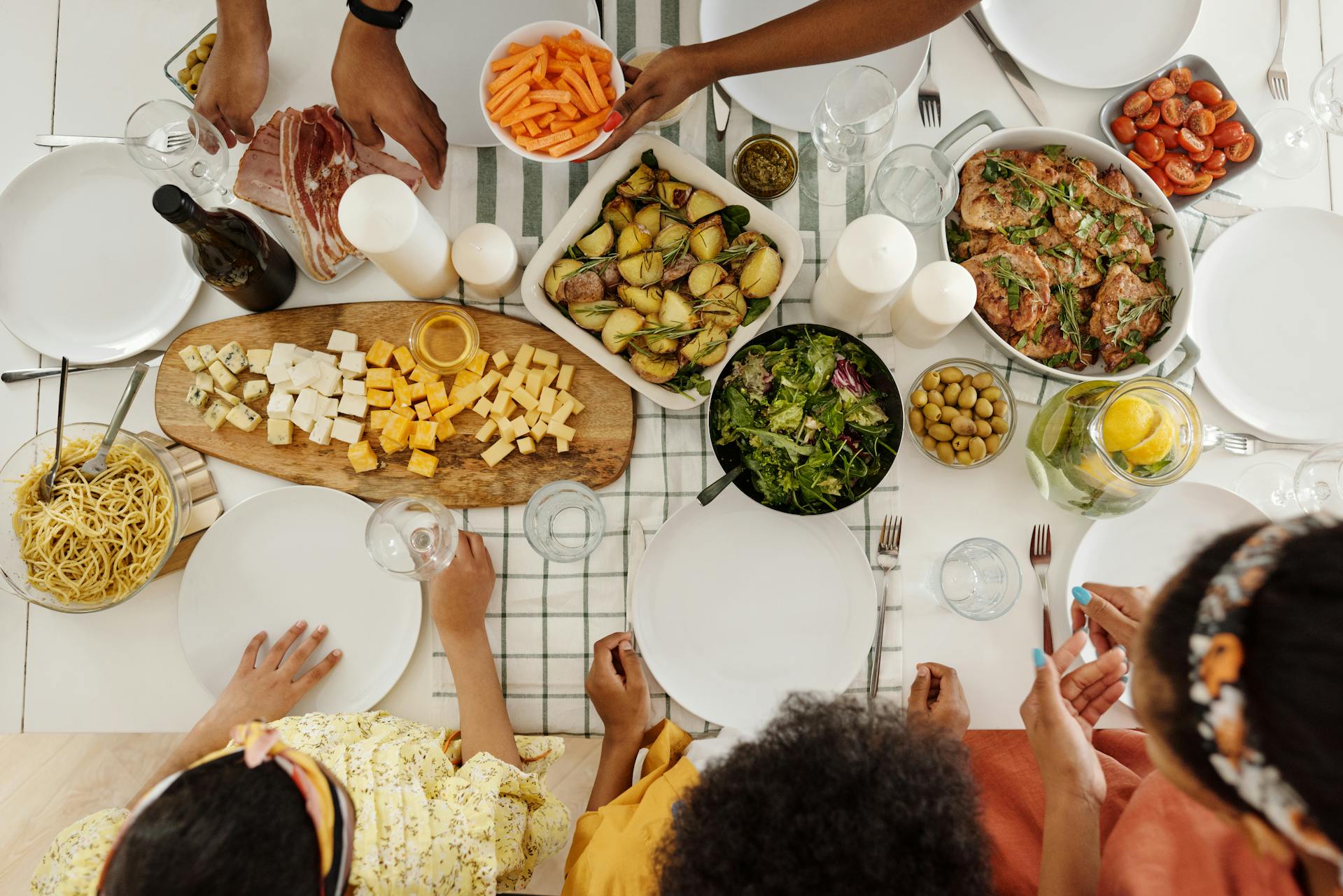As the Easter long weekend approaches, bringing with it family reunions, camping trips, day jaunts, and an abundance of shared meals, it's crucial to prioritise food safety. The festive season often sees a surge in food contamination risks, exacerbated by the lingering warmth of autumn, communal dining, and sometimes cooking in less familiar settings, such as public parks or BBQ areas. With these considerations in mind, we at the CFT wish to share some essential food safety tips to ensure everyone enjoys a safe and egg-cellent holiday.
Seafood Safety At Easter

- Aim to acquire your seafood no more than a day before it’s intended to be eaten. For traditional Good Friday meals, purchasing on Thursday is advised.
- Source your seafood from reputable, officially registered suppliers to guarantee quality and safety.
- Inspect seafood for freshness and proper refrigeration at the point of sale.
- Transport seafood home swiftly using an insulated cooler, packed with sufficient ice or ice packs to maintain a cool temperature.
- Store seafood in the refrigerator, within a sealed container, ensuring your fridge operates at 5°C or below for optimal preservation.
- Oysters should remain on ice and be consumed shortly after shucking for peak freshness.
- Prawns are best enjoyed immediately after purchase, while other refrigerated seafood should be consumed within 2 to 3 days.
Egg Handling with Extra Care
- Cleanliness is paramount. Always wash your hands thoroughly before handling eggs.
- Adhere to the 2-Hour Rule: Avoid leaving perishable items, including eggs, at room temperature for more than two hours.
- As tempting as it may be, especially during Easter baking, resist tasting from the mixing bowl. Raw eggs in dough or batter can harbour harmful bacteria.
- Ensure egg-based dishes such as cheesecakes, lasagnas, and baked pasta reach an internal temperature of 75ºC, using a food thermometer for accuracy.
- Discover more about egg safety on our Food Safety blogs.

Food Preparation for Gatherings
- Avoid overstuffing your fridge and freezer to maintain their cooling efficiency. Store low-risk items like beverages in coolers to optimise fridge space.
- Always refrigerate meats, ensuring they’re covered and stored at or below 5°C.

Safeguarding Food on Road Trips and Outdoor Adventures
- Transport perishable and high-risk foods like raw meat, seafood, and dairy in an insulated cooler or esky, packed with ample ice, to keep them at or below 5°C. A portable car fridge is ideal for this purpose.
- Follow the ‘4-hour / 2-hour rule’ for managing food temperatures effectively to prevent spoilage and ensure safety.
Expanding Your Food Safety Knowledge
Our Food Safety Team is dedicated to promoting best practices in food handling and preparation. We offer online training covering Food Safety Level 1, Food Safety Supervisors, and refresher courses. For more information on food safety and nutrition, subscribe to our website and stay informed.
Let’s all commit to taking egg-stra care this Easter to enjoy a delightful and safe long weekend filled with the joys of spring and good food.
Share this story

Chat to one of our trainers
Our team are here to help with your questions











